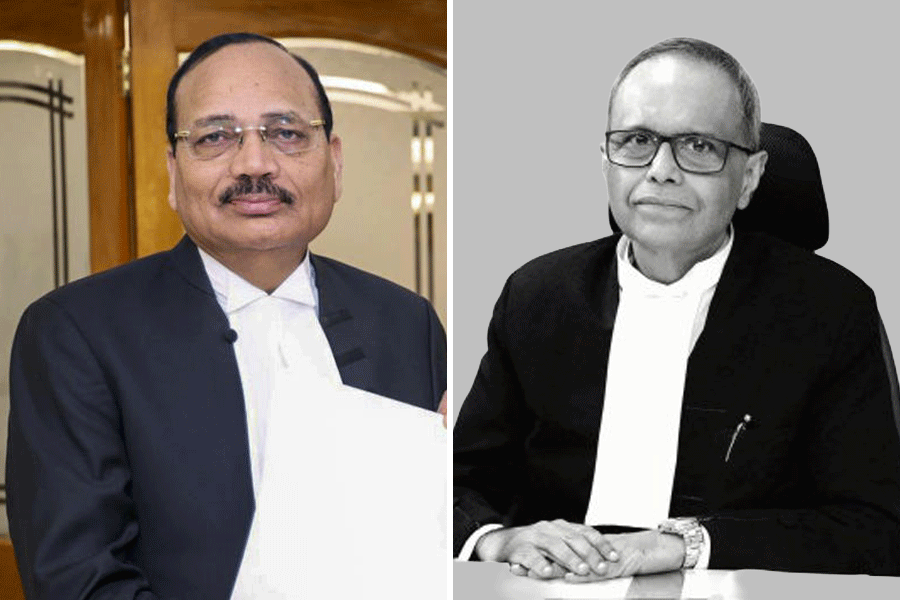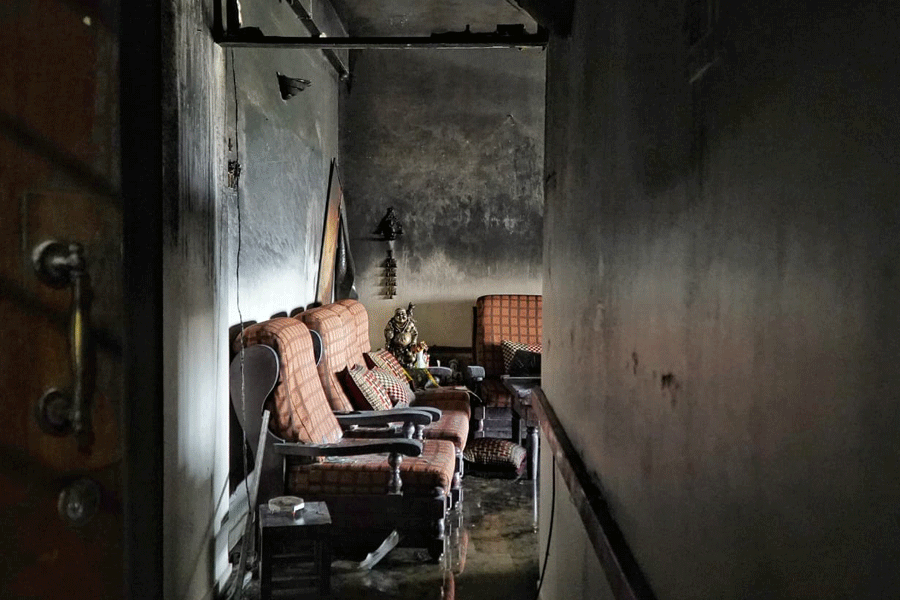 |
| Saleh |
Washington, March 21: While the world’s attention is riveted on Tripoli’s “shock and awe”, a milder version of the US blitzkrieg of Baghdad in 2003, a narcotics revolution is overtaking Yemen.
Ali Abdullah Saleh, Yemen’s dictator for 32 years, is expected to step down any time and make way for an Egypt-style transition in the country which has been rocked by protests almost coinciding since the fall of the Tunisian regime in January.
Saleh will be the third Arab dictator to go since West Asia and North Africa have been convulsed by popular uprisings from the start of this year.
Friday’s death toll of 52 Yemenis in the worst crackdown since the start of the protests appears to have jolted this somnolent country of ancient tribes into decisive action to finally oust Saleh.
Virtually the entire Yemeni nation chews qat every day putting them in a state of blissful stupor resulting from the mild intoxication that flows from this narcotic leaf. Just as Westerners discuss issues over a drink, it is over qat chews that Yemenis have discussed their problems for centuries. It is often said in Yemen that qat solves all problems because grievances are agitatedly dissected while chewing the leaves — even in offices after lunch — only to be glossed over the following day.
So far, all protests in Yemen have ended at lunchtime, when Yemenis must disperse, have lunch, chew qat leaves and have their siesta. That is a custom which has been sacrosanct since the reign of Queen Sheba in 10th century BC. But even for the easy-going Yemenis, Friday’s bloodbath was too much to take. Yesterday, Yemen’s permanent representative to the UN in New York, Abdullah Al-Saidi quit in protest.
Today, Yemeni ambassadors in China, Saudi Arabia, Syria, Lebanon, Egypt and Saleh’s envoy to the Arab League joined Al-Saidi and dissociated themselves with the regime in Sanaa.
But a more serious development was the defection today of Major General Ali Mohsen Al-Ahmar, commander of the army’s First Armoured Division. His defection was read out by his top aide to cheering protesters at Sanaa’s Taghyir Square, the epicentre of the popular uprising. Soon after Al-Ahmar’s defection, tanks and armoured personnel carriers of his division moved into Taghyir Square to protect the demonstrators against further assaults by forces loyal to Saleh.
It was a replay of scenes in Cairo’s Tahrir Square where the Egyptian army protected demonstrators from attacks by Hosni Mubarak’s henchmen and eventually negotiated the President’s peaceful departure. The First Armoured Division’s tanks are also guarding the defence ministry, the state television headquarters and the Central Bank, according to reports from Sanaa.
But Yemen’s elite Republican Guards, led by Ahmed Saleh, the dictator’s son and presumed successor, are guarding the presidential palace.
Since dictators seldom read the writing on the wall before it is too late, in Yemen too, a change in government may yet take a few more days.
Mubarak stepped down after all his options were exhausted and only after he had his back to the wall. Tunisia’s Ben Ali, on the other hand, panicked and fled as the revolt against him spread. Soon after Al-Ahmar’s troops mixed and celebrated with the protesters, General Mohammed Ali Mohsen the head of Yemen’s Eastern Military District, General Nasser Ali Shuaybi who is in charge of Hadramout province and General Faisal Rajab in charge of Lahij province also defected.
Saleh’s undoing may, however, be the loss of support from his own tribe, the Hashid. It is the biggest of tribes that control real power across Yemen.
“I announce in the name of all the members of my tribe that I am joining the revolution,” Sadiq Al-Ahmar, leader of the Hashid, said on Al Jazeerah television. He urged Saleh “to exempt Yemen from the bloodshed and make a quiet exit”.
General Ali Mohsen Al-Ahmar is the most prominent Hashid after Saleh.
But for Yemenis who want democracy, the crucial test will be if they are ready for sustained demonstrations now, instead of dispersing in the afternoon to relax and chew qat after lunch.










